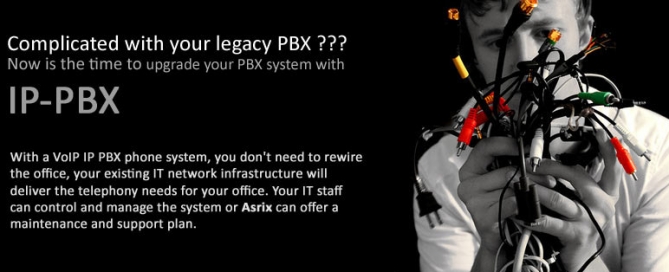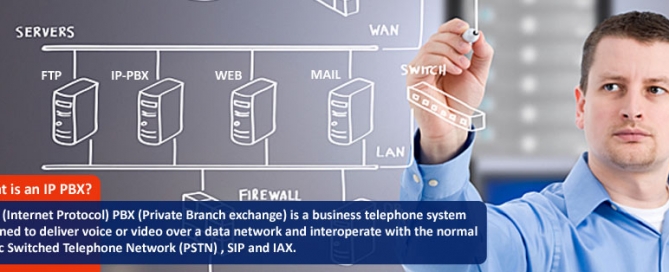Ideus IPPBX – Features and functionalities
Ideus has multiple features and functionalities related with all the services available: IP Telephony, Mail Server, Fax Server, Conferences, Instant Messaging Server, IVR (Interactive voice response / Auto Attendant ) , among others. New features, functionalities and Services are added at the development of new systems.
Ideus solutions offer a rich and flexible feature set. Ideus offers both classical PBX functionality and advanced features, and inter-operates with traditional standards-based telephony systems and Voice over IP systems. Ideus offers the advanced features that are often associated with large, high end (and high cost) proprietary PBXs.
Below you will find a detail list of features and functionalities:
ACD Queue – (ACD Automatic Call Distribution)- A system where callers are placed in a holding area until the proper person is available to take the call. ACD can handle the calls based on a predetermined priority, next available, skills based routing or first in first out, etc.
Auto-Attendant – (IVR – Interactive Voice Response) An auto-attendant is usually what greets your callers and allows them options, depending on who or what department they need to speak with. With prompts such as “Press 1 for sales, 2 for support and 3 for shipping” it can save resources by directing incoming calls appropriately. Powerful and intuitive Ideus’s IVR can be configured with a few clicks on your mouse and can be managed to build call flows that enable both on site and off site transfers.
Blast Groups – A group of phones that will all ring simultaneously when a particular number is called. The first phone that picks up the call, gets the call. (Also known as Ring All or Simultaneous Ring).
Branch Office – Adding one, two or more extensions for a branch office connected […]



